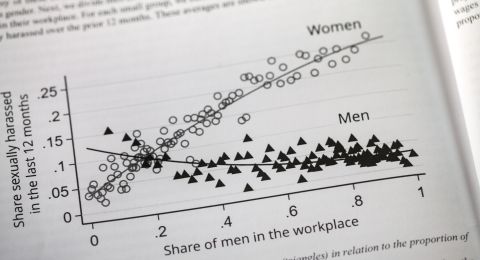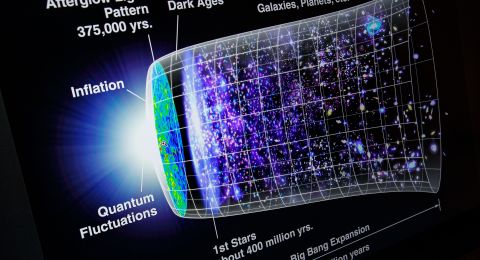Application dates for all Foundations
1 February 2026sista ansökningsdag för
20 February 2026sista ansökningsdag för
25 March 2026sista ansökningsdag för
1 April 2026sista ansökningsdag för
Marianne and Marcus Wallenberg Foundation
Project Grants in Social Sciences
Marcus and Amalia Wallenberg Foundation
Project Grants in Humanities
Ekon. dr Peter Wallenbergs Stiftelse för Ekonomi och Teknik
Projekt med anknytning till ekonomi och teknik
Stiftelsen för Rättsvetenskaplig Forskning
Författarbidrag rättsvetenskapliga verk
8 April 2026sista ansökningsdag för
20 April 2026sista ansökningsdag för
25 April 2026sista ansökningsdag för
1 June 2026sista ansökningsdag för
1 September 2026sista ansökningsdag för
1 October 2026sista ansökningsdag för
5 October 2026sista ansökningsdag för
15 October 2026sista ansökningsdag för
31 October 2026sista ansökningsdag för
16 November 2026sista ansökningsdag för
Knut and Alice Wallenberg Foundation
Massachusetts Institute and Broad Institute postdoc
Knut and Alice Wallenberg Foundation
Stanford postdoc
Knut and Alice Wallenberg Foundation
The Wallenberg Foundation Postdoctoral Fellowships at Nanyang Technological University (NTU) Singapore
Dr. Tech. Marcus Wallenberg Foundation for Education in International Industrial Entrepreneurship
Postdoctoral scholarship program at Georgetown University
The Foundations grant funding to excellent researchers and research projects beneficial to Sweden.
The funding totaled over SEK 2.9 billion in 2024

Long-term establishment of national expertise in key strategic areas
Read about the Foundation’s strategic programs in life sciences, mathematics, data, materials science, AI, quantum technology and future use and management of Swedish forests.
Play will make robots better
Can an AI robot become better at living among humans by learning new things through play? Follow Wallenberg Scholar Amy Loutfi to the lab at Örebro University. There, she teaches robots to become better at learning from their interactions with the environment by using play and curiosity. The idea is that robots can learn completely new things by being curious. Just like a child who learns things both by imitating – but also by playing. For those who try out of curiosity can learn something new and perhaps also something unexpected.

